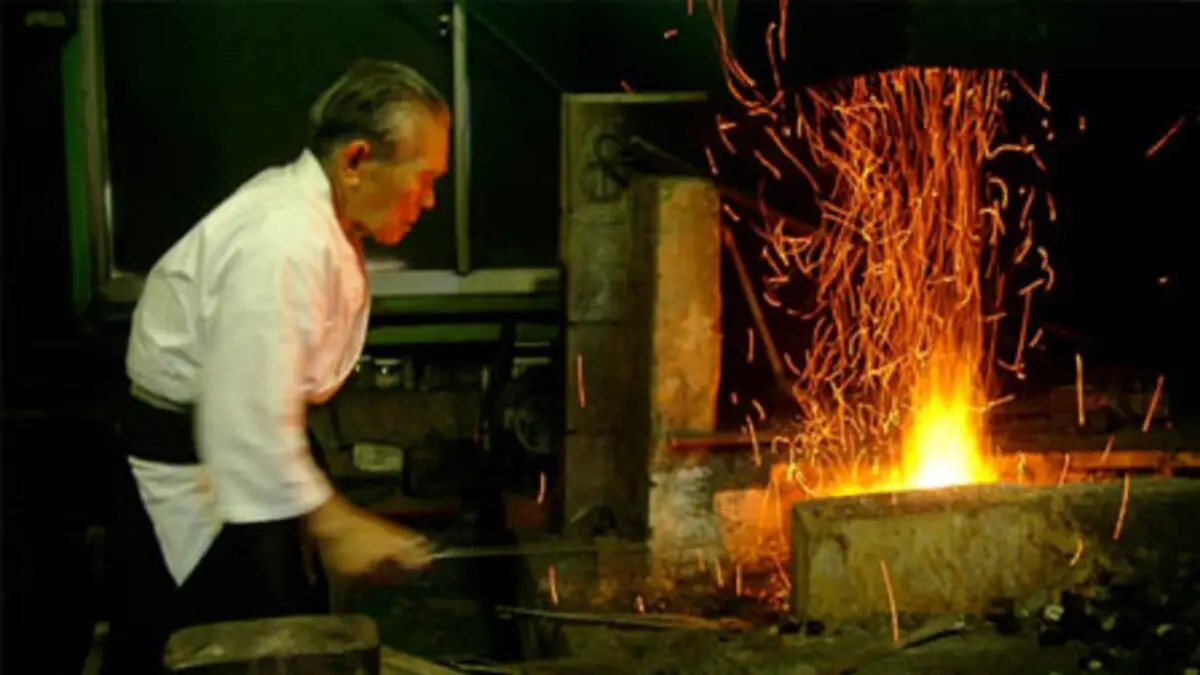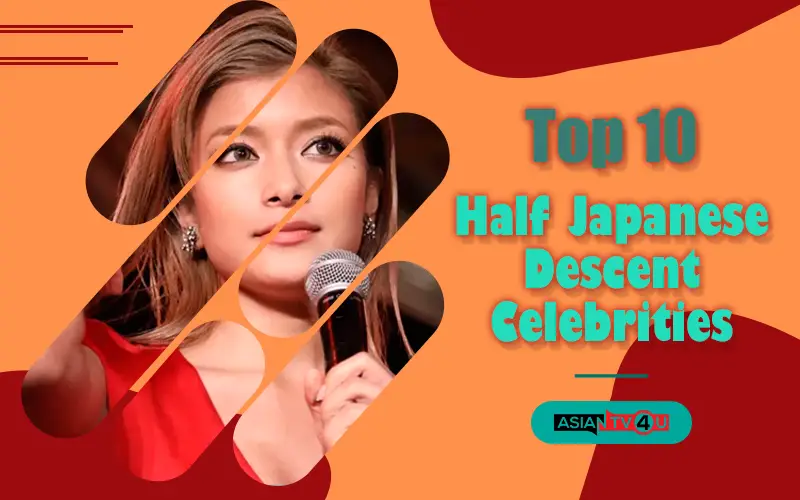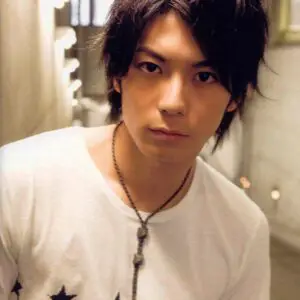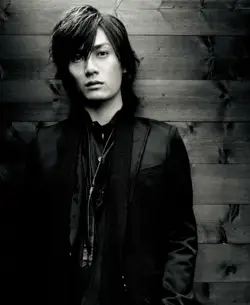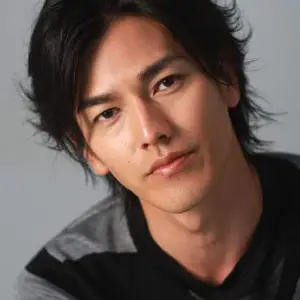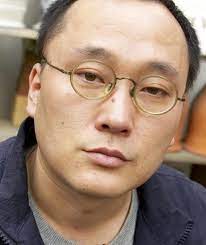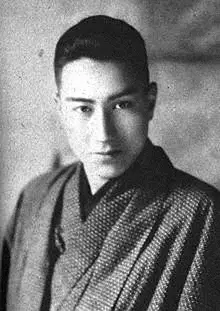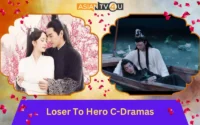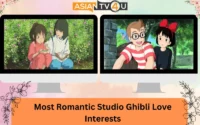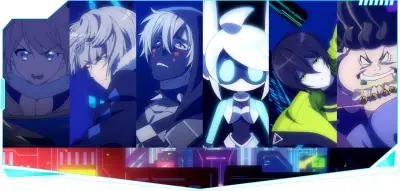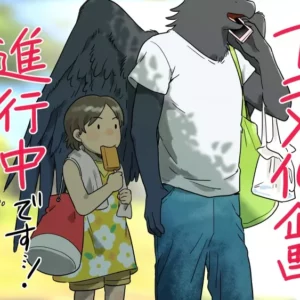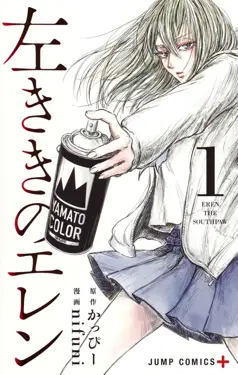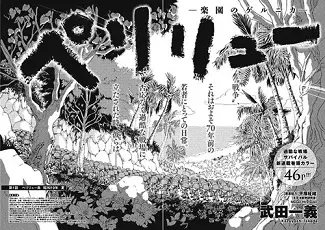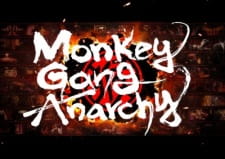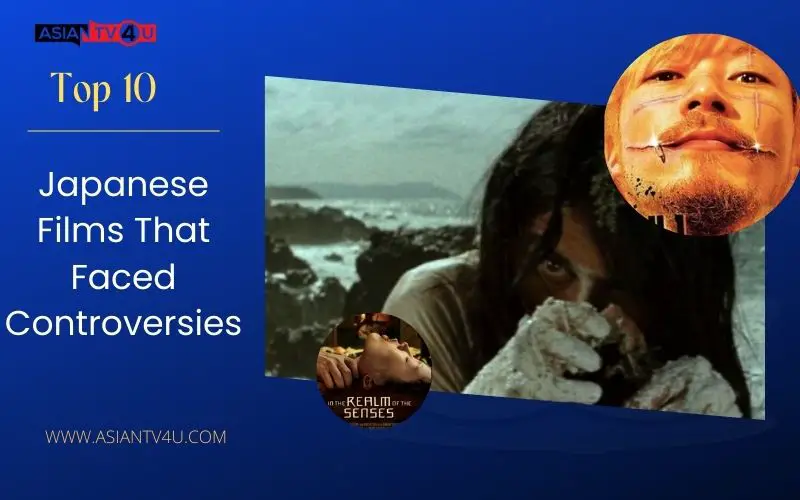
We decided to go straight for the Japanese films that have startled, offended, and sickened viewers all around the world to start courting controversy. Yes, these are the top ten most divisive films in Japanese cinema.
1. Ichi The Killer – Takashi Miike (2001)
The audience was given vomit bags when Takashi Miike's ultra-violent version of Hideo Yamamoto's ultra-violent yakuza manga premiered as part of the Toronto International Film Festival's Midnight Madness section in 2001.
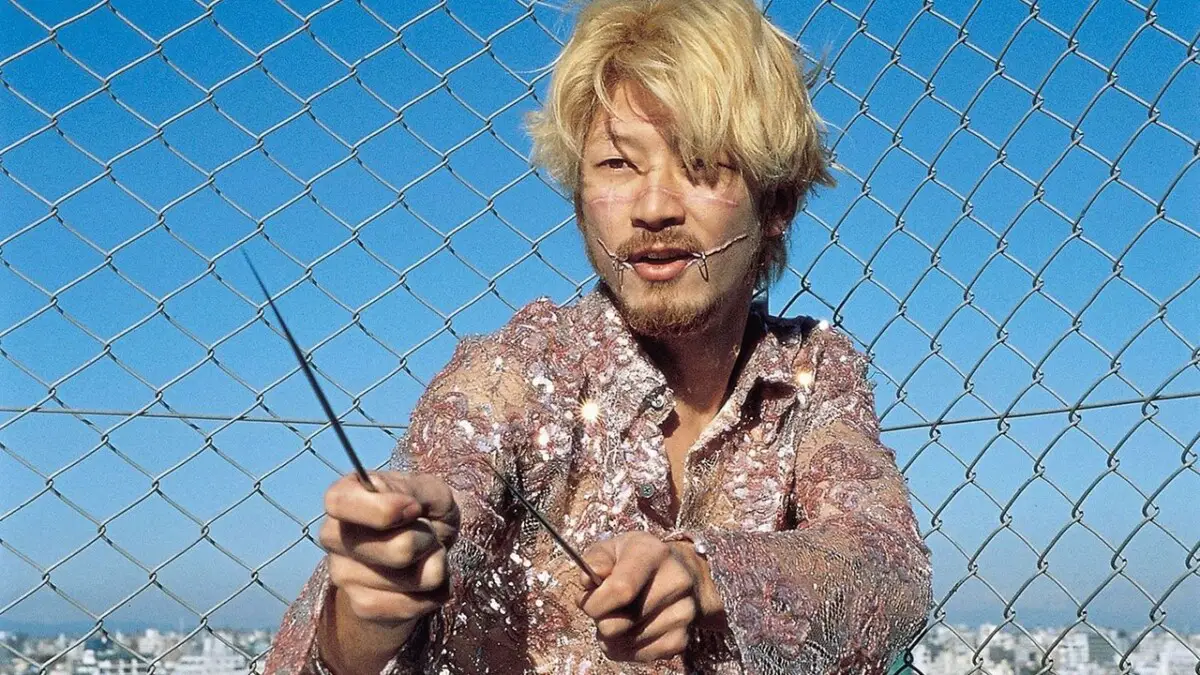
2. The Horrors Of Malformed Men – Teruo Ishii (1969)
It had been nearly impossible to see "The Horrors of Malformed Men" until it was released on DVD by Synapse Films. Ishii and his screenwriter Masahiro Kakefuda gathered some of Rampo's most controversial parts to tell the Island of Dr. Moreau-like story of a mad doctor who has built an island of mutant humanity.
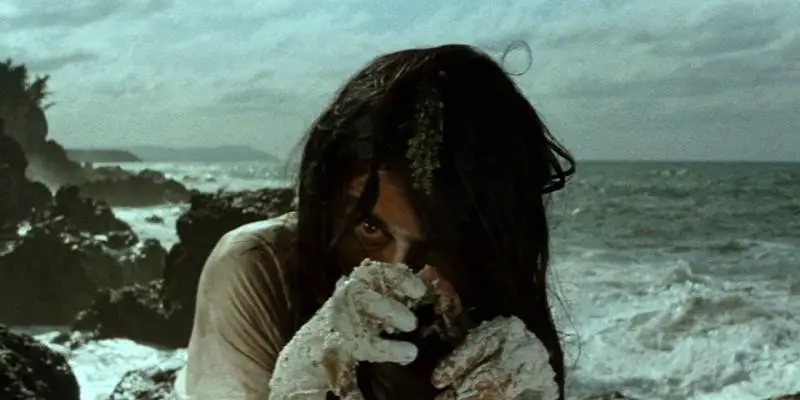
3. Prophecies Of Nostradamus – Toshio Masuda (1947)
Toshio Masuda's science fiction picture "Prophecies of Nostradamus," like "The Horrors of Malformed Men," was subjected to a self-imposed prohibition by Toho's producers.
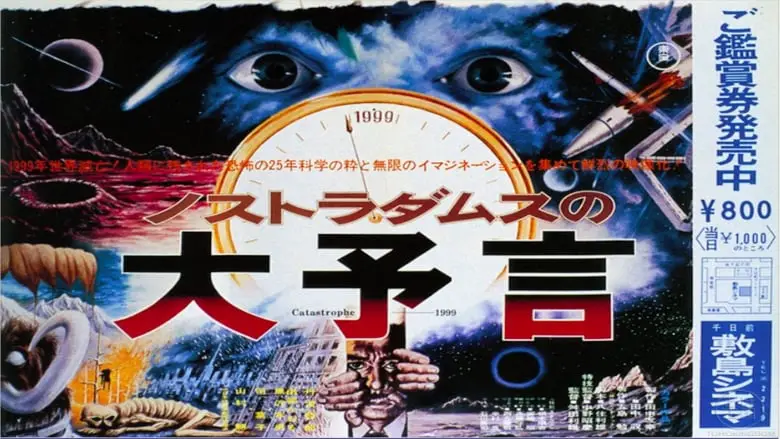
4. For Those We Love – Taku Shinjo (2007)
Japan's wartime history has long been a contentious topic both domestically and internationally, but in recent years, Japanese moviegoers have been treated to a slew of right-wing dramas that have been argued to either honour individual sacrifices during WWII or to present a revisionist glorification of Japan's Pacific aggression.
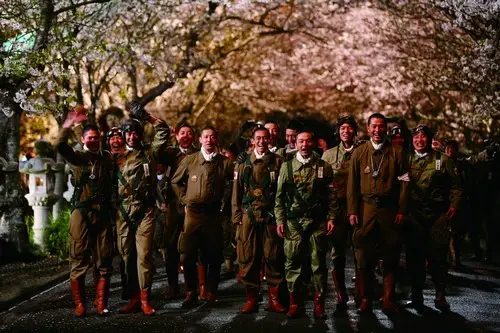
5. The Whispering Of The Gods - Tatsushi Ômori (2005)
The Whispering of the Gods, based on the semi-autobiographical novel by "outlaw writer" Mangetsu Hanamura, is a scorching indictment on the Catholic Church told from the perspective of Rou (Hiroumi Arai), a young man seeking sanctuary in a church-run commune in the Japanese countryside for murder.
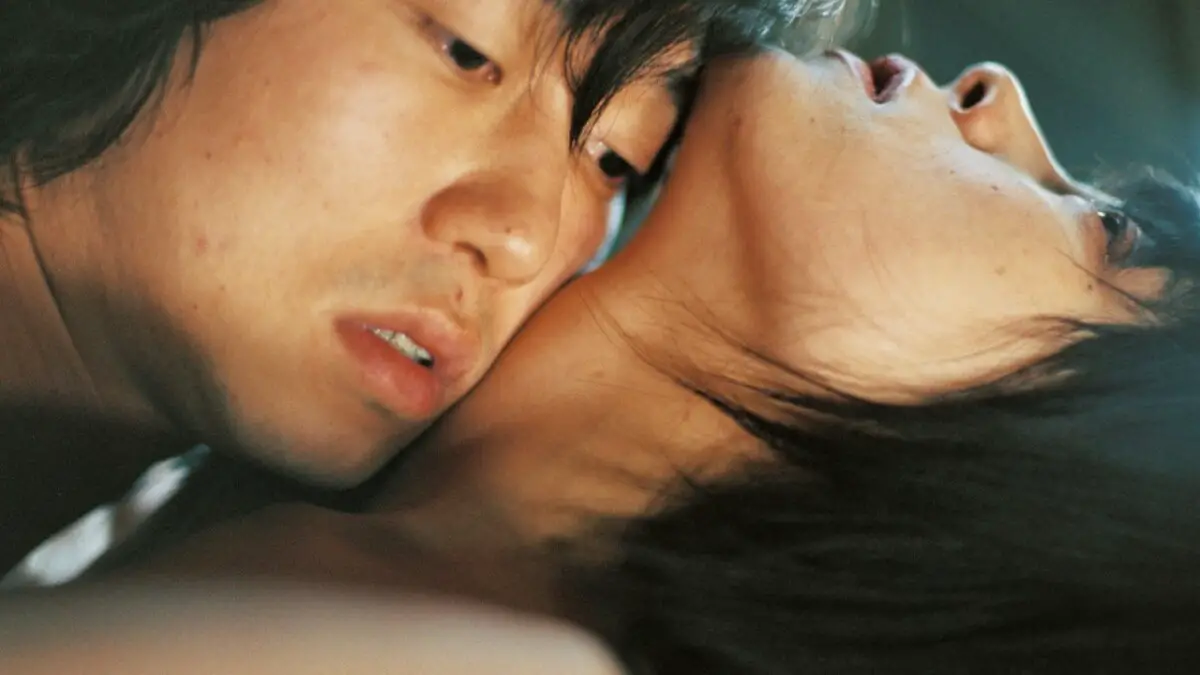
6. Night And Fog In Japan – Nagisa Oshima (1960)
"Night and Fog in Japan," Nagisa Oshima's contribution to the Shochiku-Ofuna New Wave effort to recognise emerging filmmakers, sparked controversy almost immediately after its premiere. The film's premise revolves around the wedding of Nozawa and Reiko, a young couple with a history of political activism.
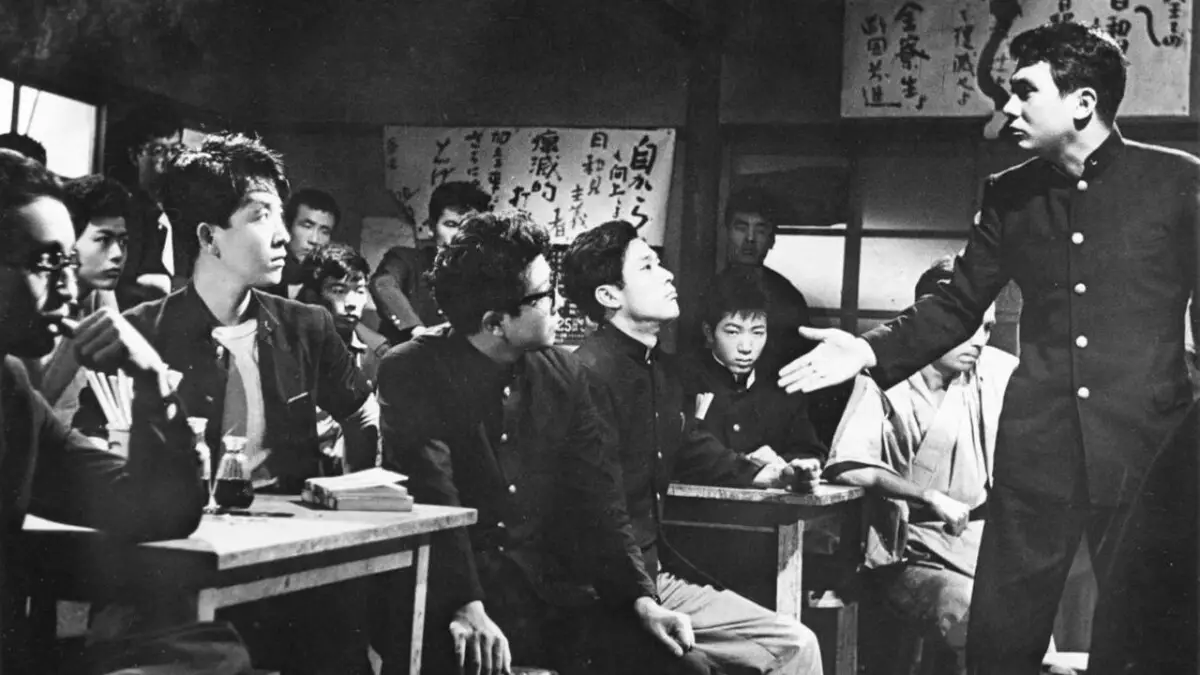
7. In The Realm Of The Senses – Nagisa Oshima (1976)
The second of Oshima's films on our list, and arguably one of, if not the director's most well-known. While the final castration sequence in this picture, which was based on the true story of Japanese murderess Sada Abe, who killed her lover during an intimate asphyxiation session in 1936 and then cut off his genitals as a keepsake, was plainly false, that was about it.
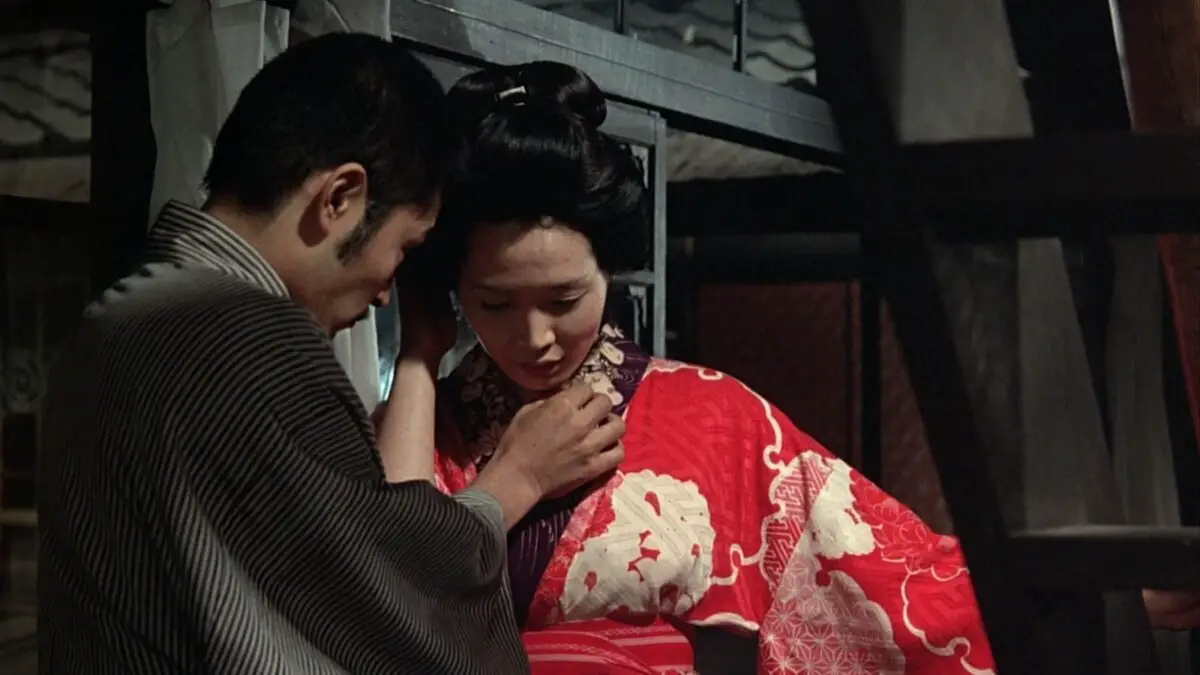
8. Guinea Pig: Flower Of Flesh And Blood - Jyunko Okamoto (1986)
"Guinea Pig: Flower of Flesh and Blood" has a pedigree that most horror movies would kill for (pardon the pun). After seeing it at a party and thinking he'd unearthed an actual snuff film, actor Charlie Sheen gave it over to the FBI, according to mythology.
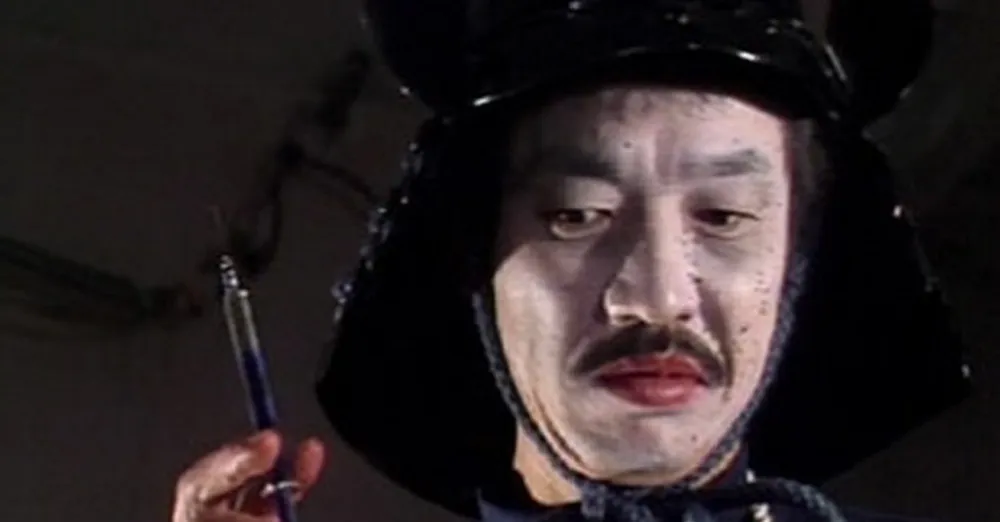
9. Emperor Tomato Ketchup – Shuji Terayama (1970)
Shuji Terayama, a Japanese poet, writer, and filmmaker, created the film "Emperor Tomato Ketchup" in 1970. Terayama is regarded as the prominent voice of Japan's avant-garde in the 1960s and 1970s, an artist whose output was continuously challenging and taboo-breaking. He founded the Tenj Sajiki experimental theatre company and wrote over 200 pieces.
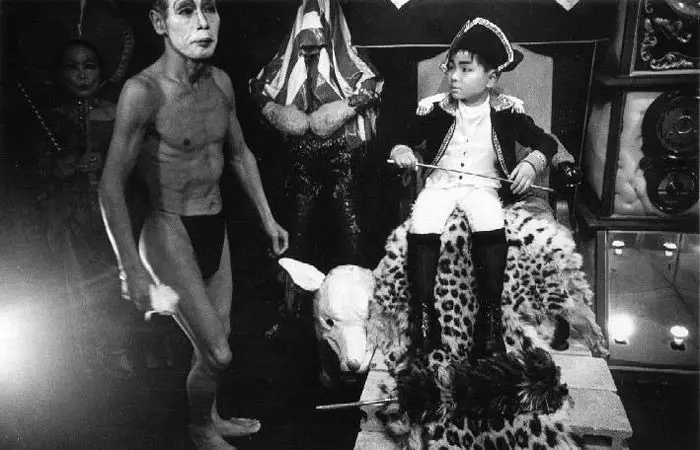
10. Yasukuni – Ying Li (2007)
The documentary "Yasukuni" by Tokyo-based filmmaker Ying Li has sparked the most controversy in Japanese cinema history. The film, which has been in the works for ten years, centres on Naoji Kariya, a 90-year-old swordsmith who explores the history of not only the Yasukuni swords, katana that were forged and sent to front-line troops on the Asian mainland during WWII, but also the nearly 150-year-old shrine that houses the "kami" of 2,466,000 men and women who died defending the Emperor's honour.
